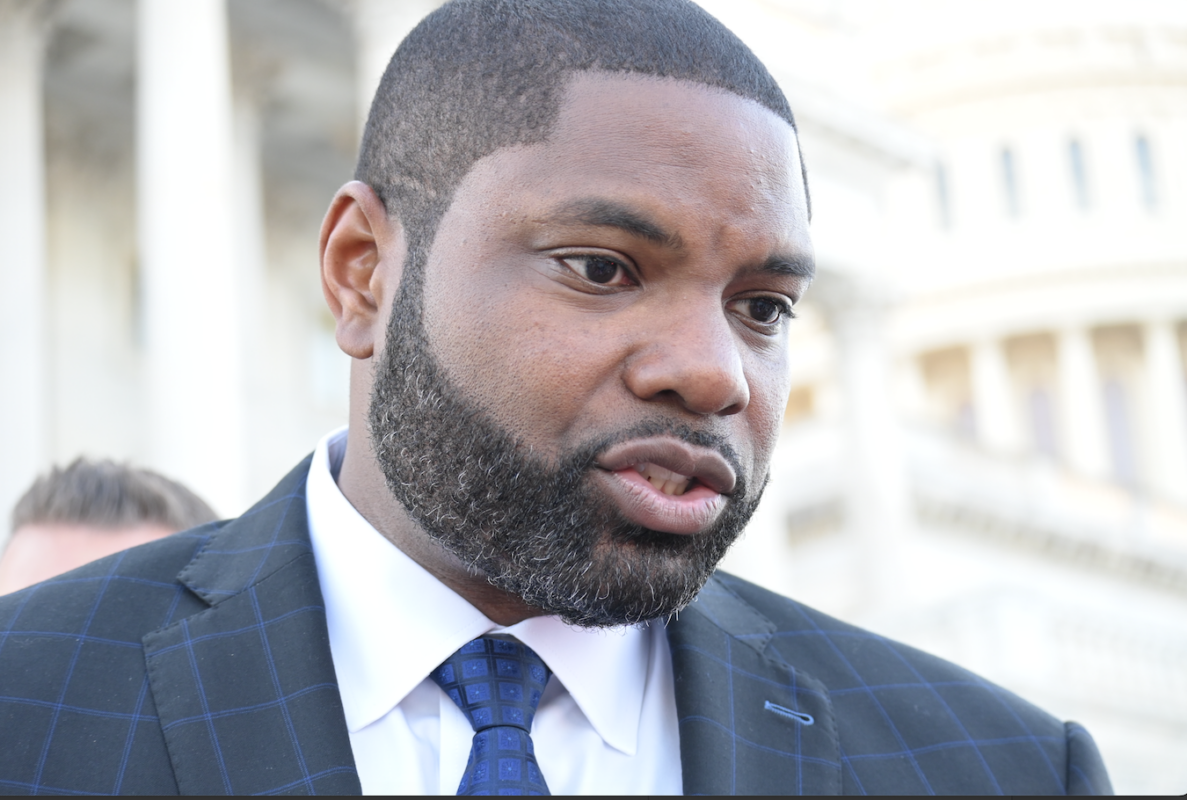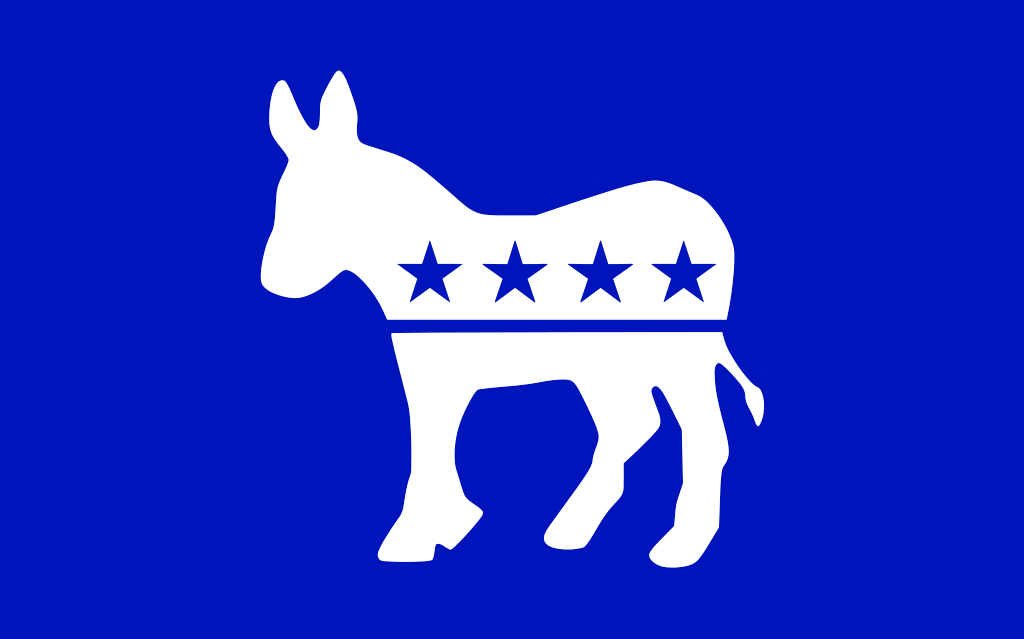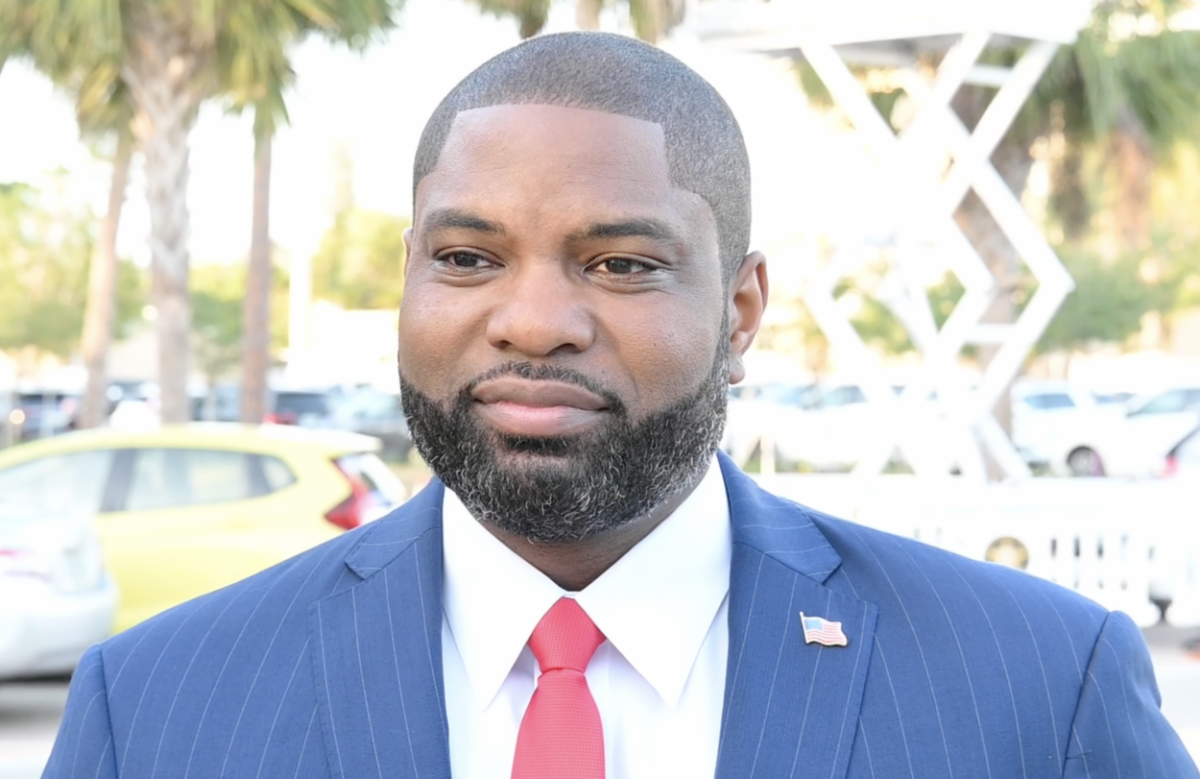The House has passed Florida Rep. Mike Waltz's (R) Extending Limits of U.S. Customs Water Act. The bipartisan, bicameral bill would secure the U.S. coastal borders, including Florida's, from drug and human trafficking.
If the bill passes the senate and is signed into law by President Joe Biden (D), it would double the U.S. coastline authorized for Coastal and Border Protection Air and Marine Operations (CBP AMO) and the U.S. Coast Guard to intercept migrants and drug smugglers from 12 nautical miles to 24 nautical miles.
"We cannot leave Florida's coastline wide-open like the Biden administration has our southern border," said Rep. Waltz after the bill passed. "We must protect Floridians and all Americans by securing our country's coastal borders, especially as the situation in Haiti worsens."
Florida Senator Rick Scott (R), who's also been a vocal critic of President Biden's handling of the southern border, introduced the bill in the senate.
In speaking on the effort to secure the coastal borders, Senator Scott explained that "the U.S. Coastal Guard and U.S. Customs and Border Protection Air and Marine Operations (CBP AMO) keep families in Florida and around our nation safe by patrolling beaches, shore waters and maritime territory, and fighting to stop drug and human trafficking."
As Haiti continues to struggle with political collapse, and with illegal immigration and opioid use on the rise in the United States, the Florida Senator called on the U.S. to focus on ensuring that its "maritime borders are secured."
"Florida is at risk of a mass migration crisis from Haiti and this good piece of legislation will create another layer of protection for our state," Senator Scott said in a statement. "I urge the Senate to quickly pass this important bill and send it to the President’s desk for his signature.”
Last month, CBP AMO issued a statement in support of the bill.
"By expanding law enforcement jurisdiction into the near shore waters, AMO, U.S. Coast Guard and other federal authorities could better enforce U.S. customs, fiscal, immigration, and sanitary laws at sea, CBP said in its statement."














